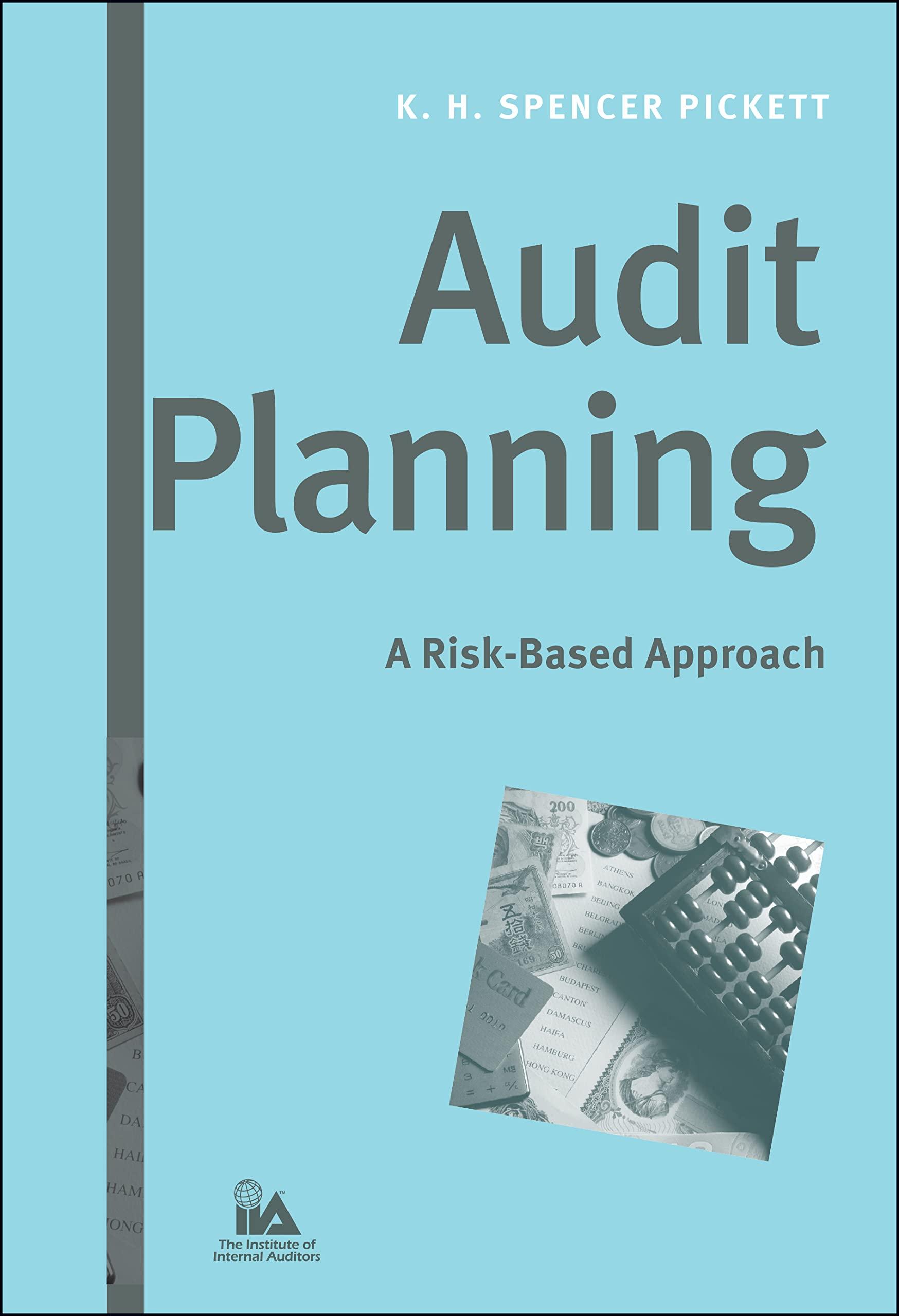> Practice Set 15-51 Journalizing purchase and sale transactions, making closing entries, preparing financial statements, and computing the gross profit percentage This problem continues the Crystal Clear Cleaning practice set begun in Chapter 2 and continued through Chapters 3 and 4. Crystal Clear Cleaning has decided that, in addition to providing cleaning services, it leaning products. Crystal Clear uses the perpetual inventory system. During December 2018, Crystal Clear completed the following transactions: Dec. 2 Purchased 1,000 units of inventory for $4,000 on account from Sparkle Company on terms, 5/10, n/20. 5 Purchased 1,200 units of inventory from Borax on account with terms 4/10, 1/30. The total invoice was for $6,000, which included a $300 freight charge. 7 Returned 300 units of inventory to Sparkle from the December 2 purchase (cost $1,200) 9 Paid Borax. 11 Sold 500 units of goods to Happy Maids for $5,500 on account with terms n/30. Crystal Clear's cost of the goods was $2,000. 12 Paid Sparkle 15 Received 100 units with a retail price of $1,100 back from customer Happy Maids. The goods cost Crystal Clear $400. 21 Received payment from Happy Maids, settling the amount due in full. 28 Sold 500 units of goods to Bridget, Inc. on account for $6,500 (cost $2,022). Terms 1/15, n/30. 29 Paid cash for utilities of $550. 30 Paid cash for Sales Commission Expense of $214. 31 Received payment from Bridget, Inc., less discount. 31 Recorded the following adjusting entries: a. Physical count of inventory on December 31 showed 800 units of goods on hand, with a cost of $3,848. b. Depreciation, $150. c. Accrued salaries expense of $2,100. d. Estimated sales returns of $1,500, with cost of $540. e. Prepared all other adjustments necessary for December (Hint: You will need to review the adjustment information in Chapter 3 to deter- mine the remaining adjustments). Assume the cleaning supplies left at December 31 are $50. Requirements 1. Open the following T-accounts in the ledger: Cash, $51,650; Accounts Receivable, Requirements 1. Open the following T-accounts in the ledger: Cash, $51,650; Accounts Receivable, $4,000; Merchandise Inventory, SO; Estimated Returns Inventory, $0; Cleaning Supplies, $50; Prepaid Rent, $3,000; Prepaid Insurance, $4,400; Equipment, $5,400: Truck, $3,000; Accumulated Depreciation, $150; Accounts Payable, $1,245; Salaries Payable, $0; Interest Payable, $59; Refunds Payable, So; Unearned Revenue, $14.375: Notes Payable, $36,000; Hideaway, Capital, $19,671; Income Summary, $0; Hideaway, Withdrawals, $0; Service Revenue, $0; Sales Revenue, $0; Cost of Goods Sold. So: Salaries Expense, $0; Sales Commission Expense, $0; Utilities Expense, $0: Depreciation Expense, $0; Rent Expense, $0; Insurance Expense, $0; Interest Expense, $0. 2. Journalize and post the December transactions. Omit explanations. Compute each account balance, and denote the balance as Balance. Identify each accounts payable and accounts receivable with the vendor or customer name. 3. Journalize and post the adjusting entries. Omit explanations. Denote each adjusting amount as Adj. Compute each account balance, and denote the balance as Balance. After posting all adjusting entries, prove the equality of debits and credits in the ledger by preparing an adjusted trial balance. 4. Prepare the single step income statement and statement of owner's equity for the month ended December 31, 2018. Also prepare a classified balance sheet at December 31, 2018. Assume the note payable is long-term. 5. Compute the gross profit percentage for December for the company










